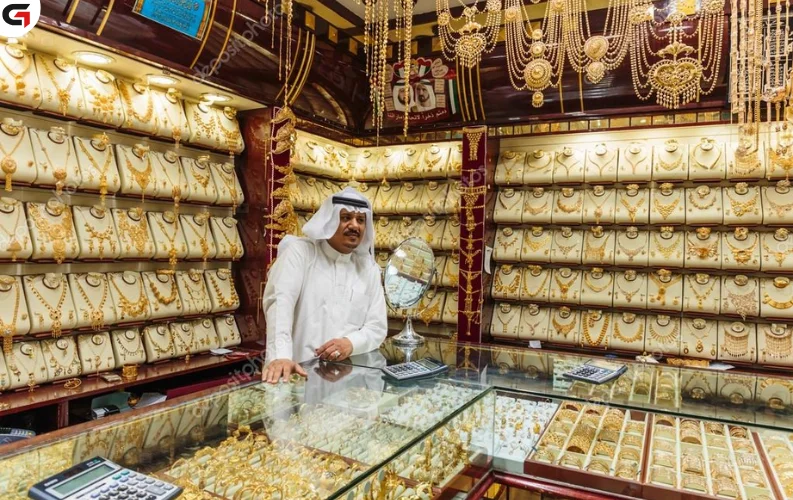Gold remains one of the most cherished purchases for residents and travelers alike across the UAE, India, and the broader GCC. But where you buy gold, and under what tax regime, can significantly affect how much value you get for your money.
Dubai continues to stand out as a preferred destination for gold shopping. Known for its low taxes, strong regulatory environment, and competitive pricing, the city draws buyers from across the globe. While a 5% VAT applies, this is often refundable for tourists. Investment-grade bullion products, such as gold bars and coins with 99% purity or higher, can even qualify for zero VAT in B2B transactions. Making charges are often negotiable in Dubai, with promotional offers frequently including zero making charge deals on select jewelry. Hallmarking regulations ensure consistency in purity, and shoppers can find a mix of designs influenced by Indian, Arabic, and European traditions.
India, on the other hand, is synonymous with rich gold craftsmanship and traditional designs. Styles like Kundan, Polki, and Meenakari dominate the market, especially during wedding seasons and major festivals. But this cultural richness comes at a premium. Indian buyers face layered taxes: 3% GST on gold value, 5% on making charges, and import duties that add further cost. Making charges in India are usually calculated as a percentage of gold value and are less negotiable. Currency fluctuations and domestic demand also impact pricing, which can vary regionally.
In the broader GCC, pricing tends to reflect international market rates, but taxes vary sharply by country. Saudi Arabia imposes a 15% VAT, making gold more expensive for domestic buyers and visitors alike. Oman aligns with the UAE’s 5% VAT rate and offers similarly competitive prices. Bahrain raised its VAT to 10% in 2022, increasing the cost burden for consumers. Kuwait and Qatar currently offer gold without VAT, making them appealing options, though VAT is expected to be introduced in these countries in the near future.
Purity standards remain high across the GCC, and hallmarking is enforced to ensure compliance. Buyers in this region often favor traditional Arabic jewelry styles, which are heavier and more ornate than the streamlined pieces commonly found in Dubai.
For expats based in the UAE, Dubai remains a top choice for gold purchases. The combination of low and refundable VAT, flexible making charges, and wide design variety provides strong value. Those who prioritize craftsmanship and traditional motifs may find India’s market more aligned with their tastes, though at a higher overall cost.
Elsewhere in the GCC, shoppers looking to save on tax should consider Oman, Kuwait, or Qatar. Saudi Arabia, due to its 15% VAT, stands as the most expensive option for buying gold in the region.
Ultimately, the best place to buy gold depends on a shopper’s priorities, be it cost, craftsmanship, cultural significance, or ease of bringing the gold back home. Before making a purchase, it’s crucial to factor in local taxes, potential refunds, import duties, and the purity of the product being bought.




















